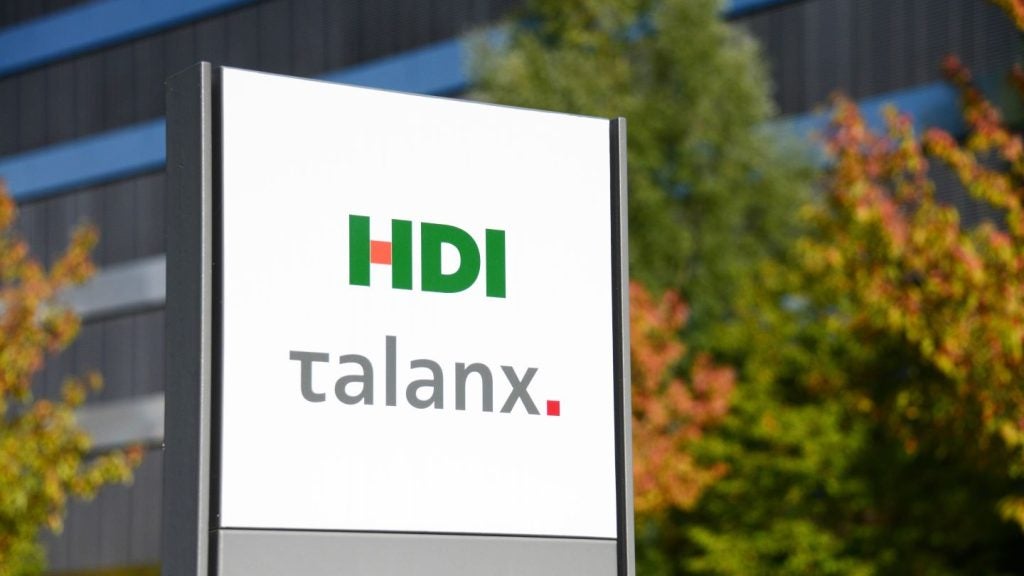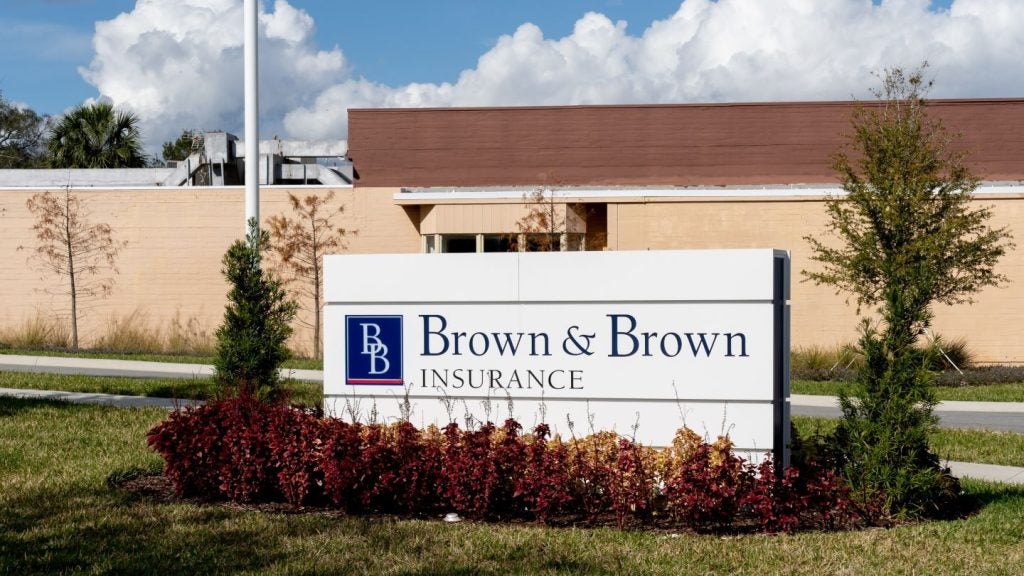For US companies offering
their employees health insurance plans, the accountable care
organisation (ACO) model could be the way to go. This is the
message that comes through in a study conducted by human resource
consulting organisation Aon Hewitt and health care management
consulting firm Polakoff Boland.
According to Aon Hewitt, an
ACO refers to the organisational structure adopted by federal
agency the Centers for Medicare & Medicaid Services to
implement the Shared Savings Program established by the Patient
Protection and Affordable Care Act.
The consultancy continued
that ACOs also represent a “broader value-based approach” of
delivering health care whereby providers assume more financial
risk, along with the opportunity of more financial reward for
delivering better care at a lower cost.
“ACOs are considered
next-generation health care delivery models, consisting of teams of
doctors, hospitals and other health care providers and suppliers
working together to coordinate and improve care for particular
groups of patients,” said Aon Hewitt national medical director
Michael Cryer.
“ACOs reduce cost by
providing plan participants the right care at the right
time.”
Cryer added: “By improving
access to primary care, plan participants can avoid emergency room
visits, which results in a financial reward for the ACO and shared
savings with the sponsoring organisation or
organisations.”
To quantify the level of
interest in ACOs, Aon Hewitt and Polakoff Boland conducted a
national survey of 674 employers.
The survey revealed that 28% are interested or very
interested in exploring ACOs, while 37% are somewhat interested. Of
the balance, 24% were unsure and 11% were not
interested.







